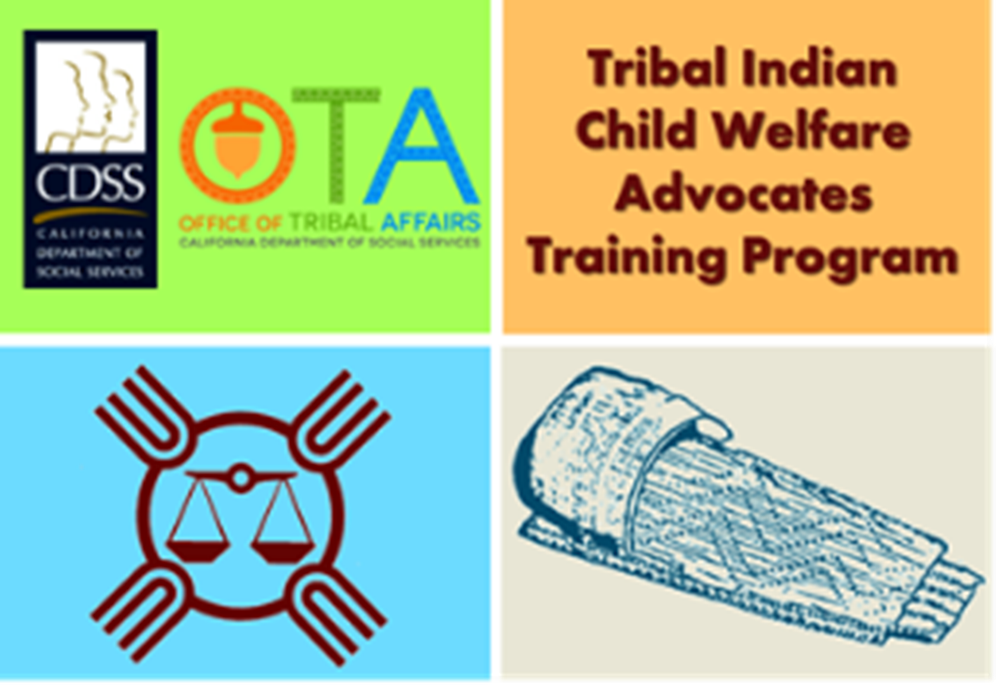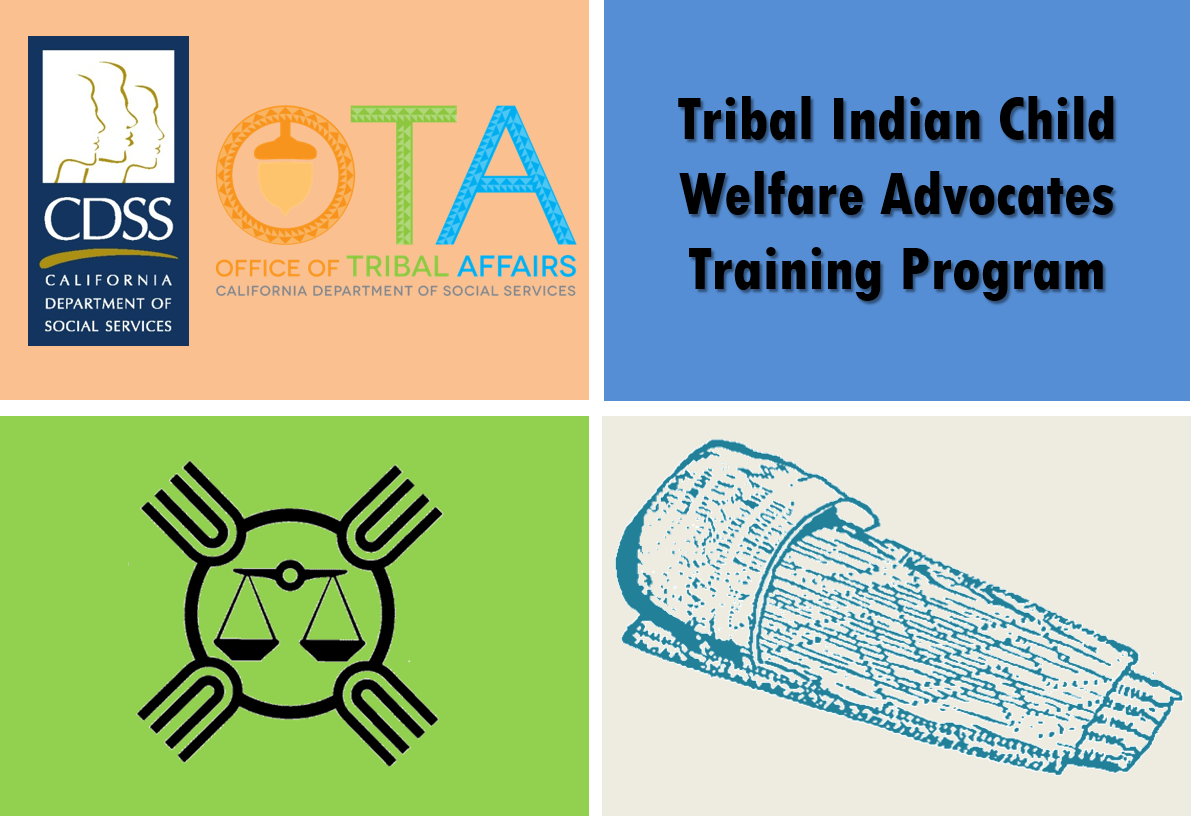
This training session is designed for tribal social workers or advocates that represent tribes in Indian Child Welfare Act cases. This training session provides information on who is eligible to be a qualified expert witness, when to use an expert witness, how to identify and select an expert witness for when removal and termination decision making is required in an ICWA case.
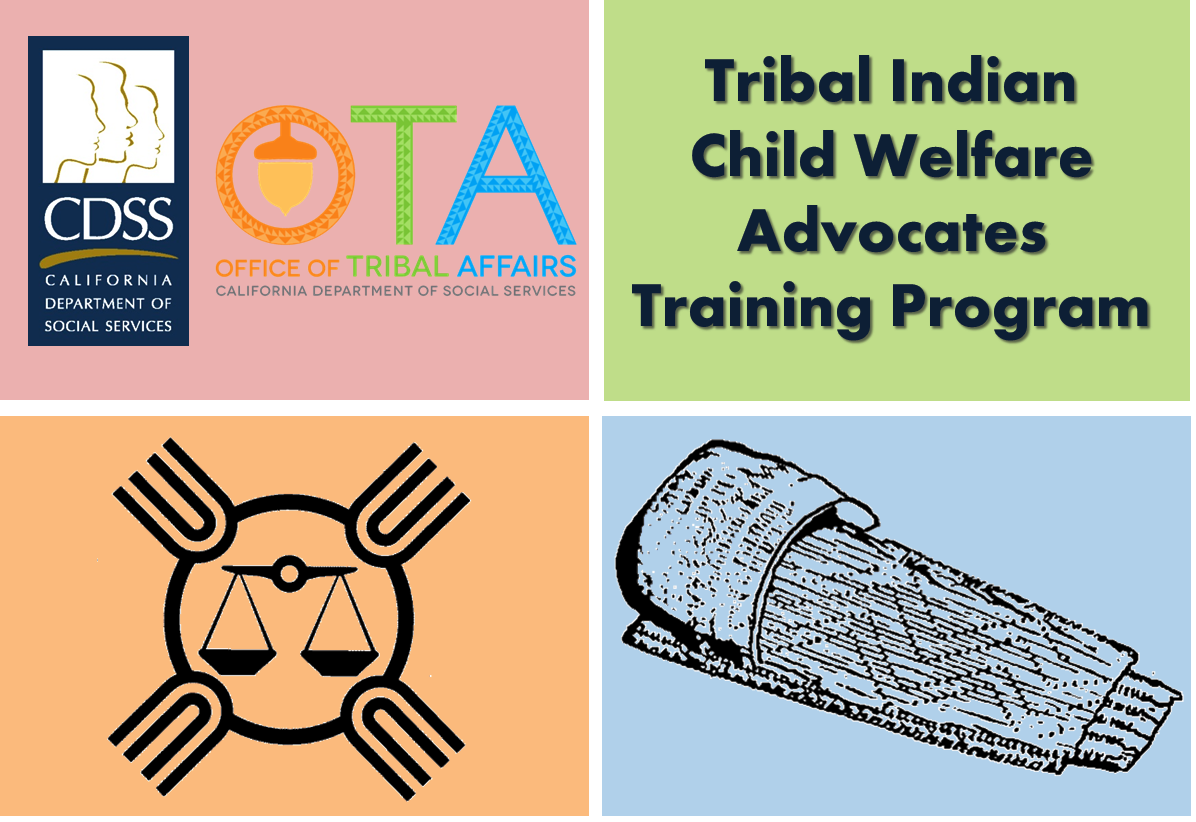
This training session is designed for ICWA advocates that represent tribes in Indian Child Welfare Act cases. Court Advocacy Skills for ICWA Advocates provides historical context on ICWA; information on and implementation of ICWA provisions; the role of ICWA advocates; and strategies, tools, and recommendations to achieve successful outcomes in court appearances, testifying in court, and all interactions with the court including basic training on how to communicate effectively with the judge.

This training session is designed for tribal social workers and provides information on active efforts for employees, volunteers, and child care workers that work with, care for or have access to tribal children. Active efforts are required under federal law to maintain and reunite an Indian child with his or her family or tribal community and constitute more than reasonable efforts as required by Title IV-E of the Social Security Act (42 U.S.C. 671(a)(15)).
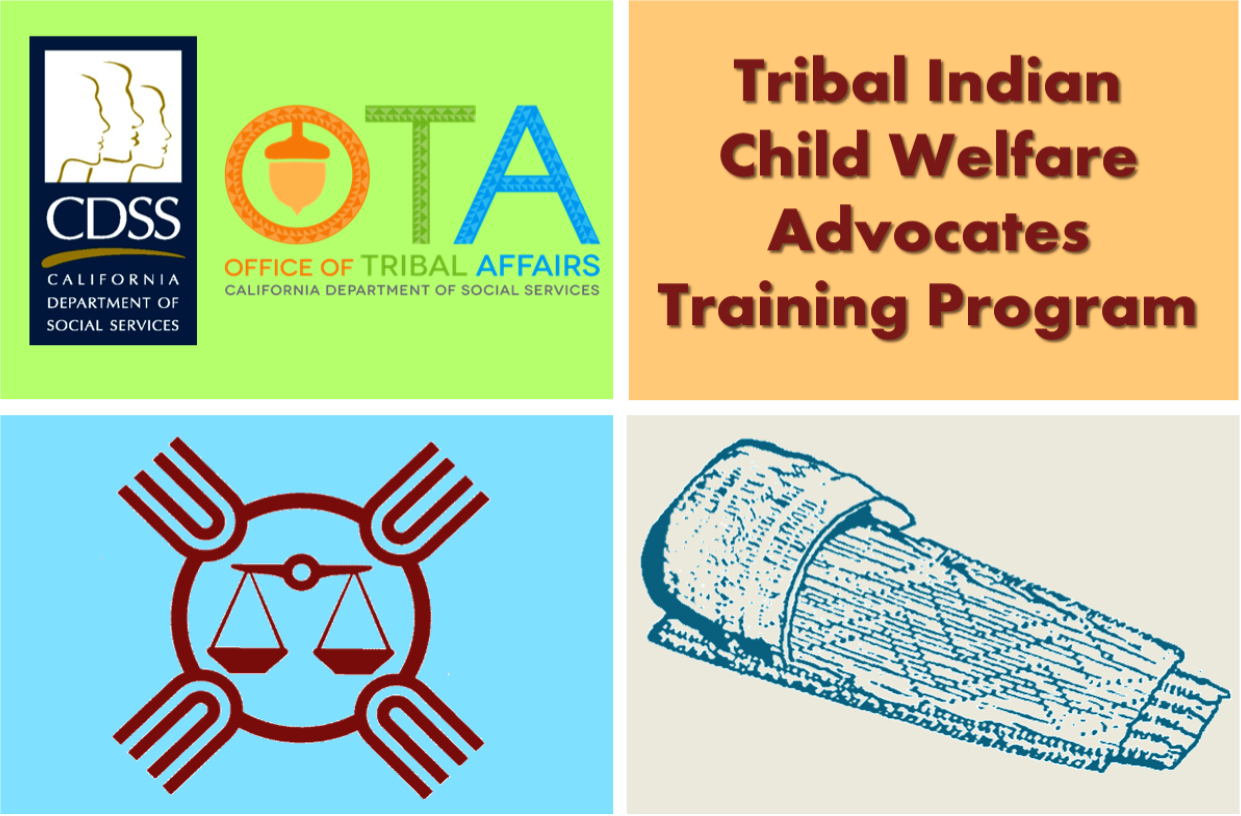
This training session is designed for tribal social workers or advocates representing tribes in Indian Child Welfare Act cases involving Tribal Customary Adoption. In these cases, the child eligible for ICWA must be a dependent of a California State Court. The child’s tribe may elect for a Tribal Customary Adoption as an appropriate permanent plan if the family cannot reunify.
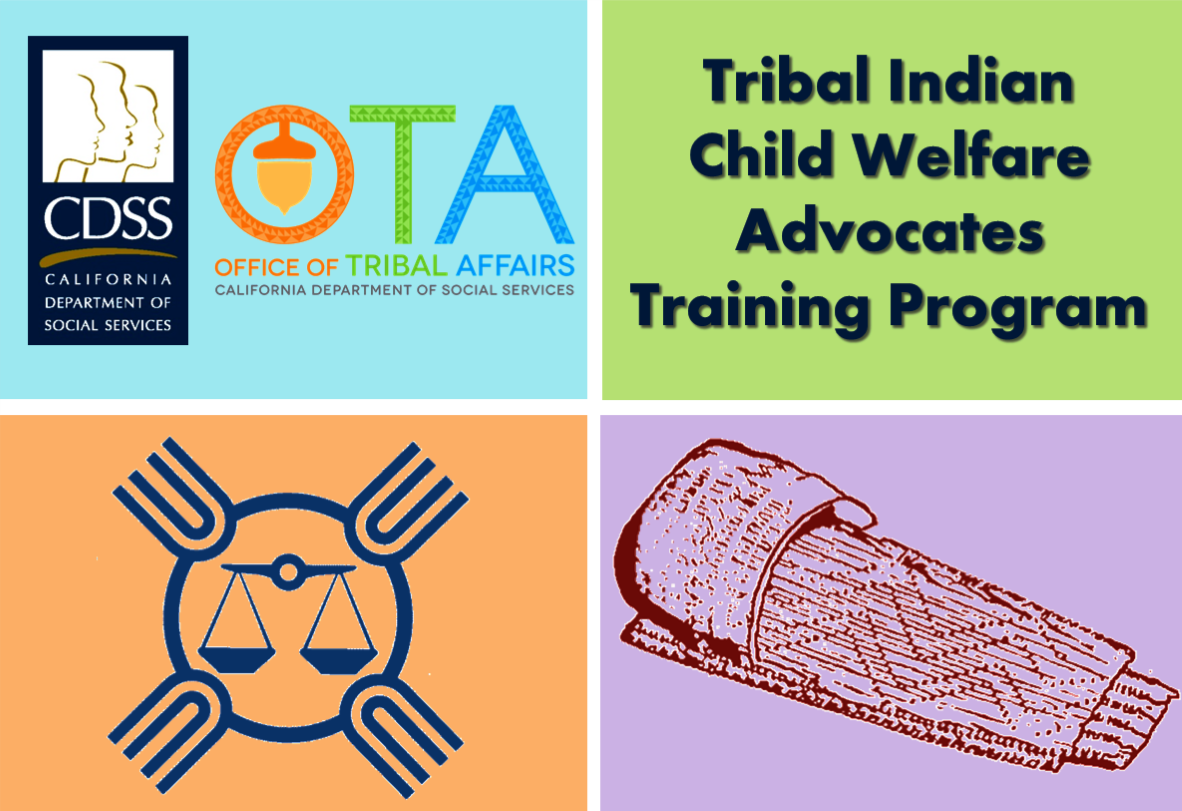
This training session is designed for tribal social workers or advocates that represent tribes in Indian Child Welfare Act cases known as Dependency cases. “Dependency” or “Juvenile Dependency” is the area of law involving children who are or may be at risk of abuse or neglect. In these cases, the child eligible for ICWA must be a dependent of a California State Court. Tribal social workers and advocates will learn more about the complex state child welfare system (known as Juvenile Dependency law).

The Indian Child Welfare Act (ICWA) has always provided authority for Federally Recognized Tribes to approve homes for placement of their children removed from the custody of their parents or Indian custodian (25 U.S.C. § 1915). However, tribes did not have access to state or federal criminal history repositories. With 2014 Senate Bill 1460, approved Tribes can complete both the home assessment and background checks for their prospective tribal homes and have a pool of available homes for Indian children. Therefore, the goal of Tribal Criminal Background Checks training sessions is to understand how to get SB1460 approved and conduct criminal background checks before placing an Indian child into foster care placement.
